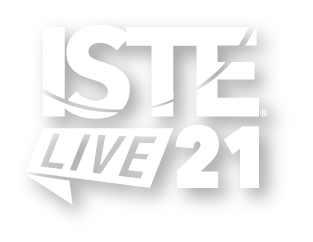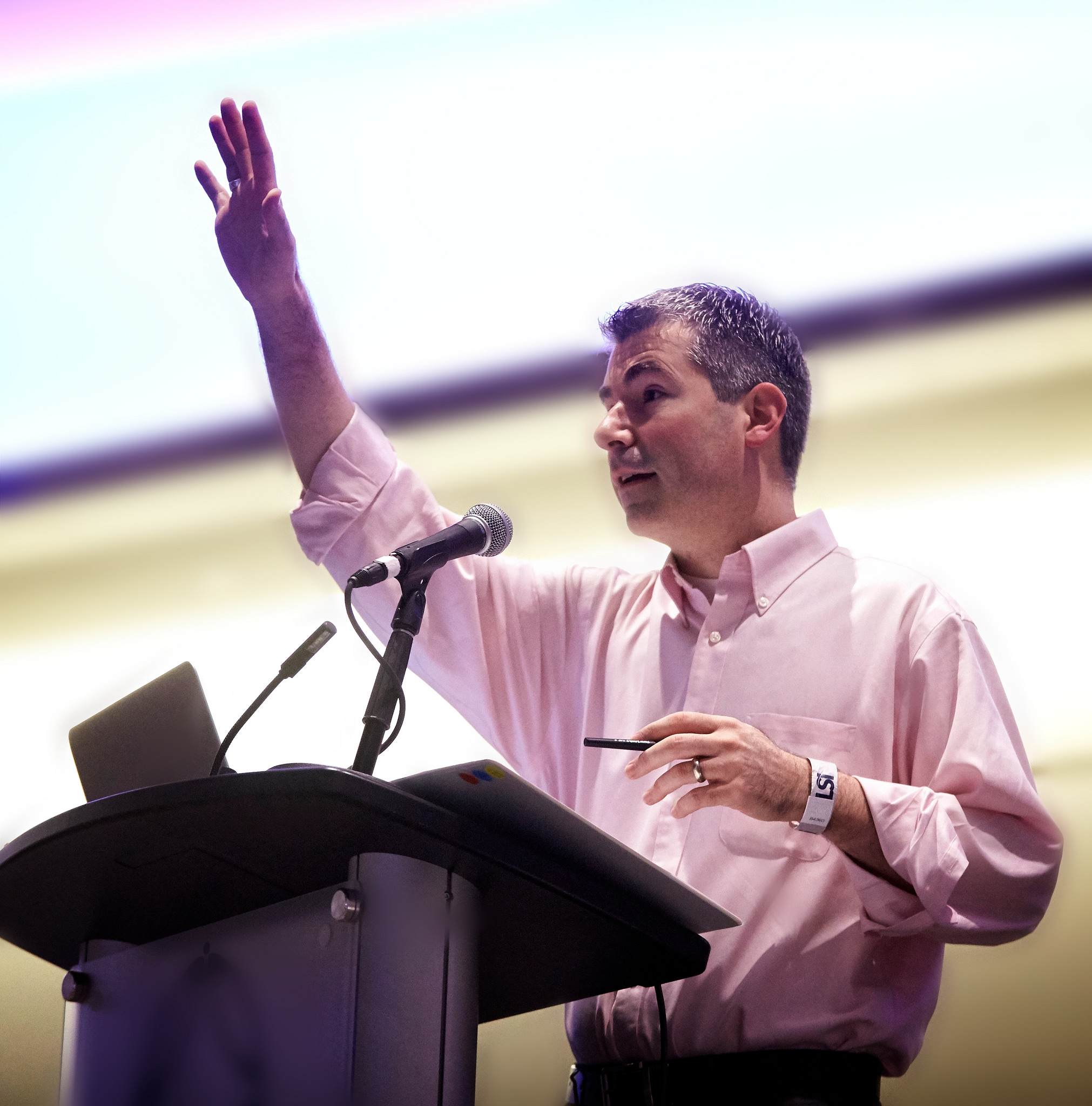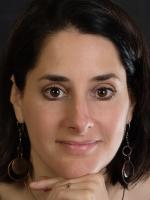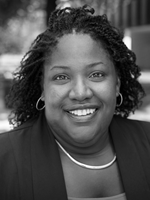

Leadership Exchange: Where We Are Now [PART 1] |
Listen and learn : Panel
Richard Culatta Heidi Ellis Dr. Susan Enfield Camilla Gagliolo Kumar Garg Mary Helen Immordino-Yang Dr. Temple Lovelace Dr. Joseph South
Leveraging the Moment
In response to the pandemic, educators quickly created innovative virtual and hybrid learning environments. To prepare for a post-COVID world and take advantage of what we learned during the pandemic, we’ll consider these questions: How can districts build back by leveraging what went well? How do we ensure we’re preparing students for the opportunities of the future, while embedding social-emotional learning and human connection in the ecosystems we create? How can we create more equitable learning systems overall?
Welcome to the Leadership Exchange 21
Hear from: Richard Culatta, CEO, ISTE
Superintendent Talk: Connection Matters
The 2020-21 school year brought unexpected challenges to public education. Out of those challenges, however, emerged opportunities that highlighted the critical importance of connection: between students and staff, staff and families and all of them to their school community. We are now at a crossroads as we plan for a full return to school in the fall: what lessons have we learned and how will we apply those lessons to making public education more equitable and personalized for all students?
Presented by Susan Enfield, Ed.D., Superintendent, Highline Public Schools
Leadership Thought Panel
Join a group of education thought leaders as they share their expertise and consider how we can ensure equitable learning systems as we emerge from the pandemic. 30-minute conversation followed by a 10-minute Q&A. Moderated by ISTE Chief Learning Officer Joseph South.
Panelists
| Attendee devices: | Devices useful |
| Attendee device specification: | Laptop: Chromebook, Mac, PC |
| Topic: | Exclusive content for LX registrants |

Richard Culatta, chief executive officer, brings vast experience in education policy, teacher preparation, educational technology and innovation to his role with ISTE. Culatta is a longtime ISTE member and a past recipient of the ISTE Making IT Happen Award. Prior to joining ISTE, Culatta served as the chief innovation officer for the state of Rhode Island. In this role, he focused on developing partnerships to improve opportunities for students, including launching a program to make Rhode Island the first state to offer computer science in every K-12 school and creating a state vision for personalized learning. As the director of the U.S. Department of Education's Office of Educational Technology, Culatta was at the helm of numerous efforts to expand connectivity to schools across the country, promote personalized learning and develop the National Education Technology Plan. He also pioneered new ways for the department to engage with educators and tech developers. Prior to his role with the Department of Education, Culatta served as an education policy adviser to U.S. Sen. Patty Murray. He was also the learning technologies adviser for the David O. McKay School of Education at Brigham Young University where he redesigned the technology component of the teacher prep program. He also served as the director of operations for the Rose Education Foundation, which brought the first internet connections to schools in rural Guatemala. Culatta began his career in the classroom as a high school teacher and, across his career, has coached educators and national leaders around the world on using technology as a tool to reimagine learning. He holds a bachelor’s degree in Spanish teaching and a master's in educational psychology and technology, both from Brigham Young University


Susan Enfield, Ed.D., is the superintendent of Highline Public Schools in Burien, Washington. A former high school English, journalism and ELL teacher, Enfield previously served as chief academic officer and then interim superintendent for Seattle Public Schools. She also held leadership positions in Evergreen Public Schools (Vancouver, Washington), Portland Public Schools and the Pennsylvania Department of Education. Knowing every student by name, strength and need is the promise of Highline Public Schools. Under Enfield’s leadership, the district is implementing the second phase of its strategic plan committed to the academic and social-emotional growth of all students so they graduate prepared for the future they choose. Enfield is a graduate of the University of California, Berkeley, and earned master’s degrees from Stanford University and Harvard University. She also holds a doctoral degree in administration, planning and social policy from Harvard’s Urban Superintendents Program.


Kumar Garg is the managing director and head of partnerships at Schmidt Futures, where he helps the organization’s programs find leverage and assists with the operation of itsTechnology and Society portfolio. He previously helped shape science and technology policy for the Obama administration for nearly eight years, serving in a variety of roles in the White House Office of Science and Technology Policy (OSTP). He led the Obama administration’s efforts to bolster STEM education, including the Educate to Innovate campaign, with more than $1 billion in in-kind and philanthropic investment; development of major State of the Union initiatives to train 100,000 excellent STEM teachers and bring computer science to all K-12 students; and creation of iconic events such as the White House Science Fair. Working with the OSTP deputy director, he supervised a team of 20 staff with portfolios including broad innovation policy, advanced manufacturing, behavioral sciences, biotechnology, broadband, digital media, entrepreneurship, the maker movement, space, nanotechnology and prizes. As a senior leader at OSTP, Garg was involved in policy development, implementation and communication of a wide range of science and technology issues. Prior to his time in government, he worked on behalf of parents and children seeking educational reform as an education lawyer and advocate. He holds a bachelor’s degree from Dartmouth College and a law degree from Yale Law School.

Mary Helen Immordino-Yang, Ed.D., is a professor of education, psychology and neuroscience at the University of Southern California (USC) and the director of the USC Center for Affective Neuroscience, Development, Learning and Education (CANDLE). She studies the psychological and neurobiological development of emotion and self-awareness, and connections to social, cognitive and moral development in educational settings. Immordino-Yang uses cross-cultural, interdisciplinary studies of narratives and feelings to uncover experience-dependent neural mechanisms that contribute to identity, intrinsic motivation, deep learning, and generative, creative and abstract thought. Her work focuses on adolescents from low socio-economic status communities, and she involves youths from these communities as junior scientists. A former urban public junior high-school science teacher, she earned her doctorate in human development and psychology at Harvard University in 2005, and completed her postdoctoral training in social-affective neuroscience with Antonio Damasio in 2008. She has received numerous awards for her research and impact on education and society, including an Honor Coin from the U.S. Army, a Commendation from the County of Los Angeles, and a Cozzarelli Prize from the Proceedings of the U.S. National Academy of Sciences editorial board, as well as early career achievement awards from the American Educational Research Association (AERA), the American Association for the Advancement of Science (AAAS), the International Mind, Brain and Education Society (IMBES), and the Federation of Associations in Behavioral and Brain Sciences Foundation (FABBS). Immordino-Yang was a 2018-2019 Spencer Foundation mid-career fellow; served on a U.S. National Academy of Sciences committee that wrote How People Learn II: Learners, Contexts and Cultures; and served on the Aspen Institute’s National Commission on Social, Emotional and Academic Development.

Temple S. Lovelace, Ph.D., is an associate professor and co-director of the special education program in the School of Education at Duquesne University in Pittsburgh. Her research is centered on the intersection of disability, race and gender, with particular interest in creating innovative, culturally affirming supports for Black neurodiverse girls. Her recent research has examined the use of ecobehavioral assessment and technology to identify and ameliorate environmental risk factors that lead to the overrepresentation of Black students in exclusionary school spaces. In 2018, she launched eXiLab, a cooperative incubator for emancipatory research and development that focuses on advancing equitable learning opportunities that are accessible to learners across a variety of contexts. During her tenure in Pittsburgh, Lovelace has worked to support advocacy efforts for youth, educators and families in Southwestern Pennsylvania. Through three organizations, Youth Leading Change, Education Uncontained and Girlhood Rising, she has supported educators at the intersection of innovation and liberatory practice to support student learning and social-emotional well-being. Over the last 13 years, her work with teachers, youth and families has been reflected in several publications, including Achieving Educational Equity for African American Students with and without Exceptionalities; Creating a Schoolwide Culture to Support Practitioner Research; Community-University Partnerships as Vehicles of Radical Leadership, Service and Activism; Parent and Teacher Ratings of Preschool Inattention and Hyperactivity/Impulsivity: An Exploratory Study of the Relationships with Early Literacy in Head Start, and Experiences of African American Mothers of Sons with Autism Spectrum Disorder: Lessons for Improving Service Delivery.

Joseph South is a national educational technology leader focused on evidence-based learning transformation. He presently serves as the chief learning officer at ISTE. He formerly served as director of the Office of Educational Technology at the U.S. Department of Education. In this role he advised the Secretary of Education, developed national educational technology policy, formed public-private partnerships to assist state and local education leaders in transitioning to digital learning, helped school districts expand the use of openly licensed educational resources (OERs), and collaborated to nurture a robust ecosystem of edtech entrepreneurs and innovators.
Flipgrid: A Party of Powerhouse Ideas
ISTE Digital Tote Resources LX